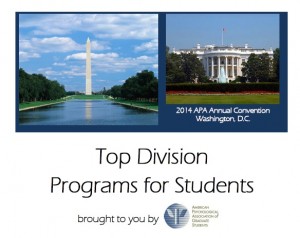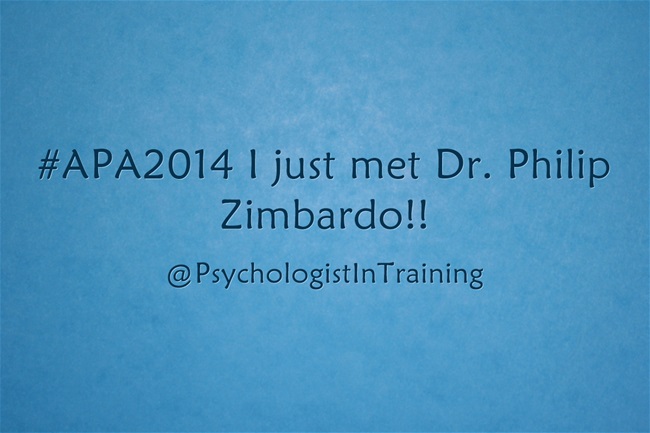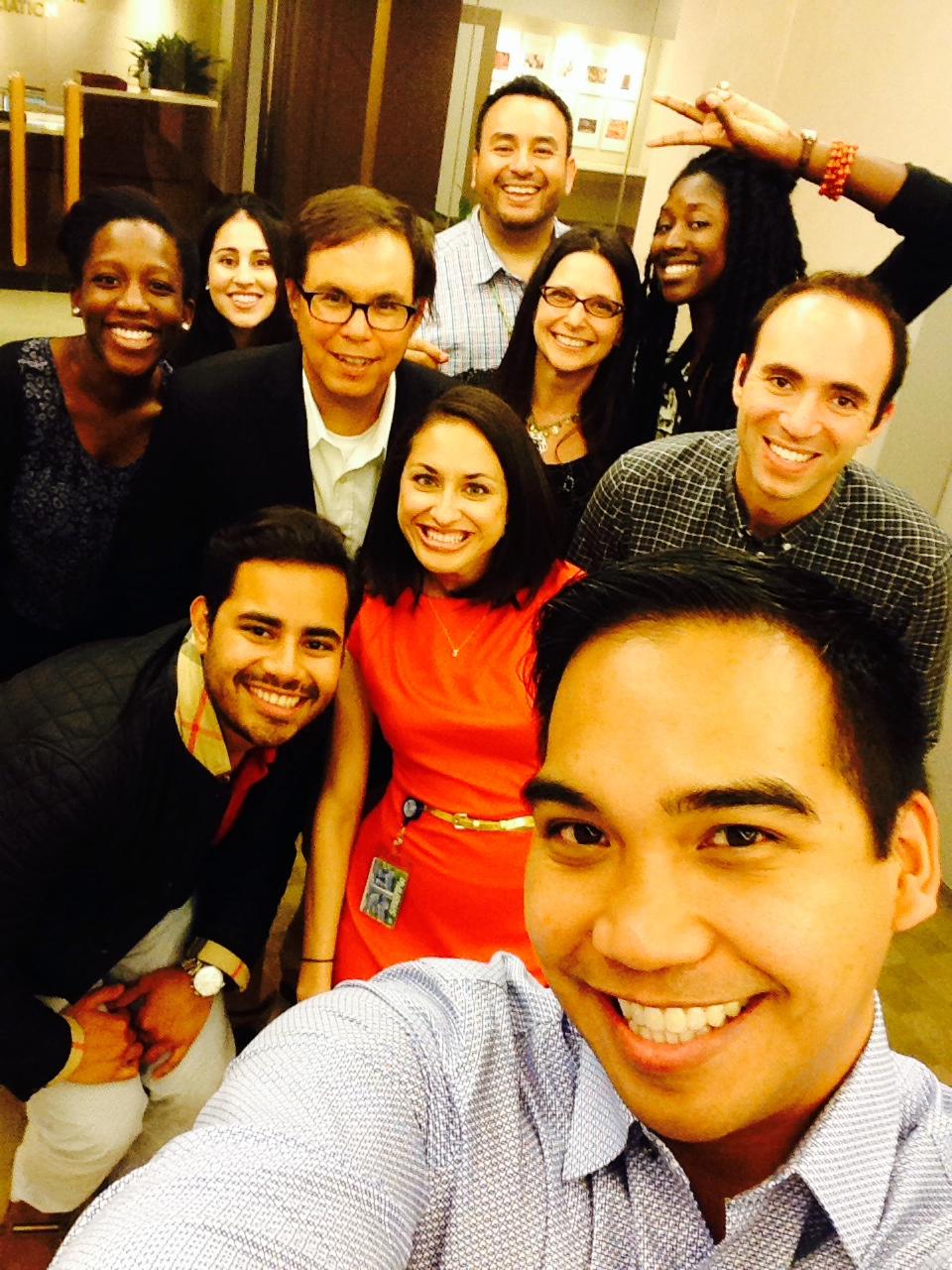Getting in to graduate school is hard. I know this. And like many of you, I obsessed over the “Will I be liked?” question as I waited for any offer to come in. I now see that focusing on that question obscures another equally important one: “Do I really like the programs I am applying to?”
In my role, I sometimes hear students recount how different their program is compared to the slick marketing they’ve received from schools attracting candidates. While I can offer no advice on which institutions should be on someone’s list, I do want to shift the power dynamic in your favor. Let’s get thinking about how to find the graduate programs that will help you meet your professional goals and provide you with the highest quality training experiences possible in the field of psychology. Sound good?
Last month, I co-presented (with Dr. Nabil El-Ghoroury) a workshop at APA’s Annual Convention. The workshop was centered around 15 questions that “smart shoppers” should ask of the programs on their list, but it also included some information about different types of degrees and subfields, and the cost of education.
To learn what you should be asking, view the slideshow below or download the slides directly:
[pdf]http://www.gradpsychblog.org/wp-content/uploads/Smart-Shopping-Convention-2014.pdf[/pdf]
Please also check out the resource page on our website for more tools from APAGS and our colleagues in the Education Directorate. If you want to hear a live version of this presentation, we’ll be in Los Angeles on September 20 and Berkeley on September 21. Stay tuned to our Facebook page for announcements of future webinars, live workshops, and more tutorials.
May you make this decision with eyes wide open to the objective and subjective factors that will make your future graduate school the right fit for you. Best wishes.


 So you’ve registered for the convention and booked your flights and hotels. You have tried to look at the monster programming book but are feeling overloaded and overwhelmed. What is a grad student to do? Have no fear! The APAGS Convention Committee has some untold secrets to navigating convention!
So you’ve registered for the convention and booked your flights and hotels. You have tried to look at the monster programming book but are feeling overloaded and overwhelmed. What is a grad student to do? Have no fear! The APAGS Convention Committee has some untold secrets to navigating convention! Consider going to one of their business meetings. You can learn a lot about current topics and become more aware of potential opportunities for graduate students.
Consider going to one of their business meetings. You can learn a lot about current topics and become more aware of potential opportunities for graduate students.![MPj04025130000[1]](http://www.gradpsychblog.org/wp-content/uploads/MPj040251300001-300x300.jpg) Free food is everywhere at convention! For example, graduate students can come to the APAGS suite for the Food for Thought breakfasts where they can enjoy breakfast while conversing with some of the field’s most influential psychologists. This year we have Dr. Robert Levine, Dr. Mitchell Prinstein, and Dr. Robert Sternberg. Students can also find free food at some of the presentations. Keep an eye out for large groups of people!
Free food is everywhere at convention! For example, graduate students can come to the APAGS suite for the Food for Thought breakfasts where they can enjoy breakfast while conversing with some of the field’s most influential psychologists. This year we have Dr. Robert Levine, Dr. Mitchell Prinstein, and Dr. Robert Sternberg. Students can also find free food at some of the presentations. Keep an eye out for large groups of people!
 Thursday, August 7: Dr. Robert Levine
Thursday, August 7: Dr. Robert Levine
 Saturday, August 9: Dr. Mitchell Prinstein
Saturday, August 9: Dr. Mitchell Prinstein Sunday, August 10: APAGS Leadership
Sunday, August 10: APAGS Leadership

 Editor’s note: Jasmin Llamas is the 2012-2014 Chair of APAGS-CARED. She is currently an intern at University of California – San Francisco and doctoral student in UC-Santa Barbara’s combined doctoral program in counseling, clinical, and school psychology. Jasmin will begin a professorship this fall at Santa Clara University.
Editor’s note: Jasmin Llamas is the 2012-2014 Chair of APAGS-CARED. She is currently an intern at University of California – San Francisco and doctoral student in UC-Santa Barbara’s combined doctoral program in counseling, clinical, and school psychology. Jasmin will begin a professorship this fall at Santa Clara University.